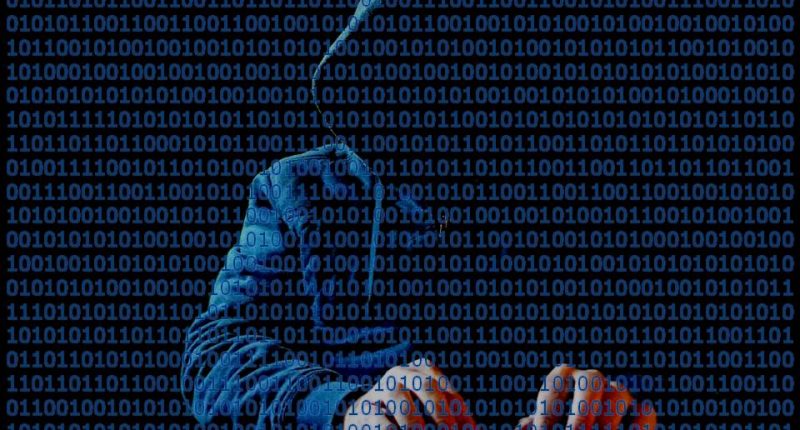The lockdown year not only saw an increase in the usage of digital services but also gave rise to a larger number of Cyberattacks. According to IBM’s report, published on Wednesday, cyberattacks in India amounted to 7% of the total attacks in the Asia Pacific Region, making it the second most attacked country in 2020 after Japan. World over, the most attacked country was Europe, which alone withstood twice as many attacks as India and Northern America combined.
IBM Security’s 2021 X-Force Threat Intelligence report shed light on some of the details about these gruesome attacks. Predictably, the most vulnerable industry in India was the Finance and Insurance industry, which was closely followed by Manufacturing and Professional Services. The top attack type on the other hand was Ransomware, which made up to about 40% of attacks.
Attackers targeted not only vaccine and other medical chains but also played with people’s needs during the pandemic for their own good. Sudeep Das, Security Software Technical Sales Leader, IBM Technology Sales said “We also witnessed cyber criminals using relief efforts and public health information as spam lures including targeted attacks on critical components of the vaccine supply chain. These all remain issues in 2021. Hence, organizations need to harden their cloud environments with a zero-trust approach to their security strategy and leverage AI to monitor, detect and contextualize dynamic behaviors and movements across hybrid cloud environments, to verify the legitimacy (or lack of) of a threat and automate a response.”
Cyberattacks were accompanied by spam calls to people in need, taking their credentials and on some occasions fess, but never getting back with help. A volunteer from ICLU reported the problems this caused when they tried to help migrant laborers reach home. Many people were disbelieving as they had received previous calls with no follow-ups.
The IBM report also revealed that most attackers accessed victim environments through exploiting vulnerabilities and surpassing phishing for the very first time. Those familiar with the issue have warned that such attacks are liable to continue this year, and to be guarded.
The Tech Portal is published by Blue Box Media Private Limited. Our investors have no influence over our reporting. Read our full Ownership and Funding Disclosure →






